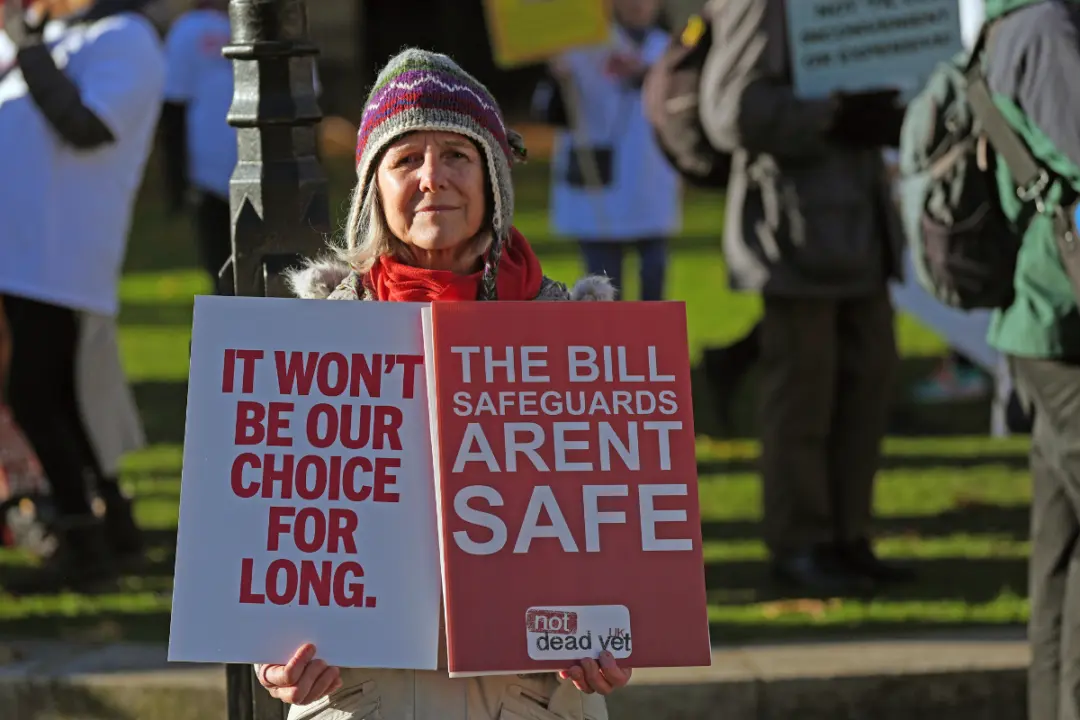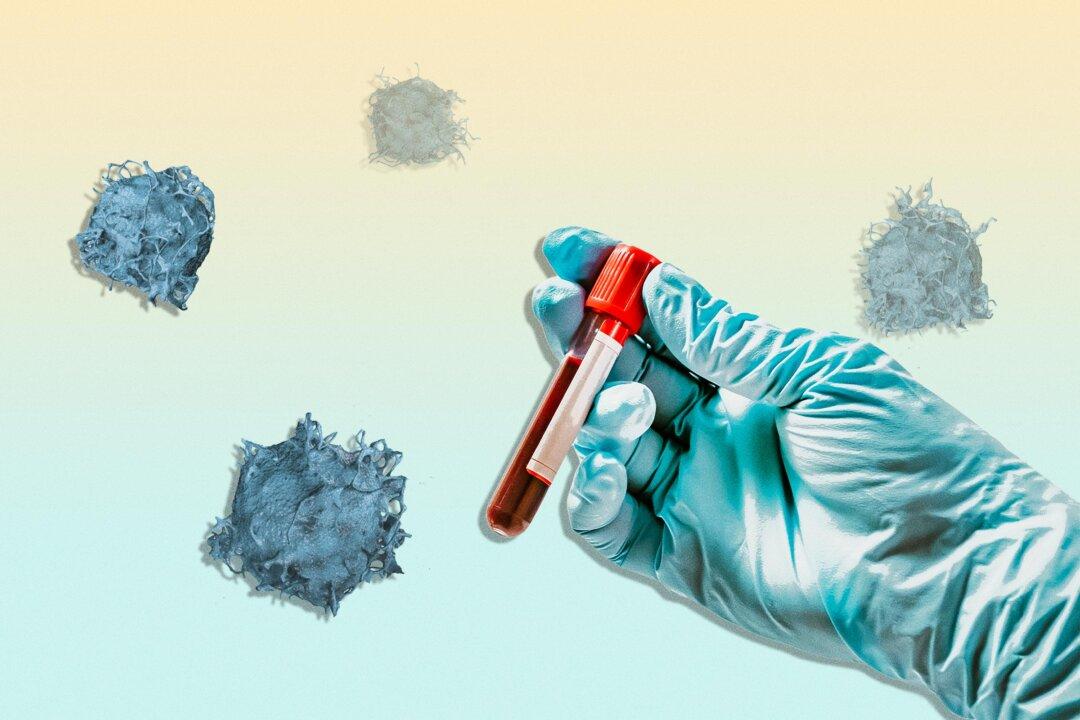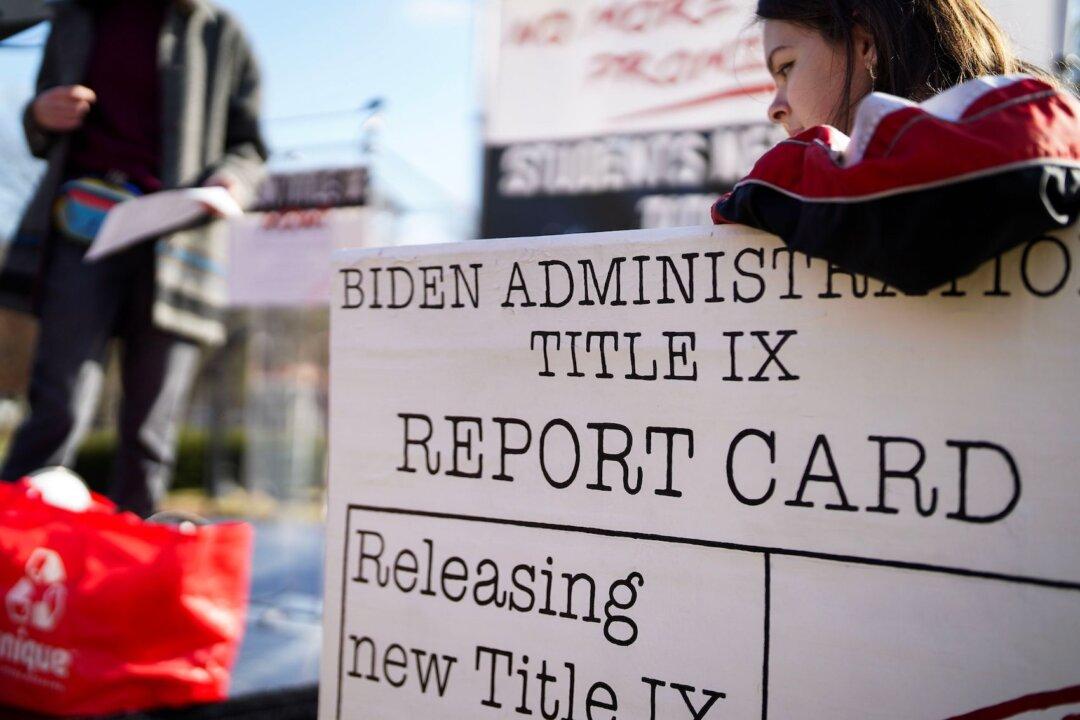Commentary
Two blazing political controversies are destroying our trust in the integrity of medicine. One is, thankfully, mostly in the past—the COVID-19 pandemic emergency. The second is ongoing and growing increasingly bitter: how to best care for children who “feel” that they aren’t the sex that they were born as.





